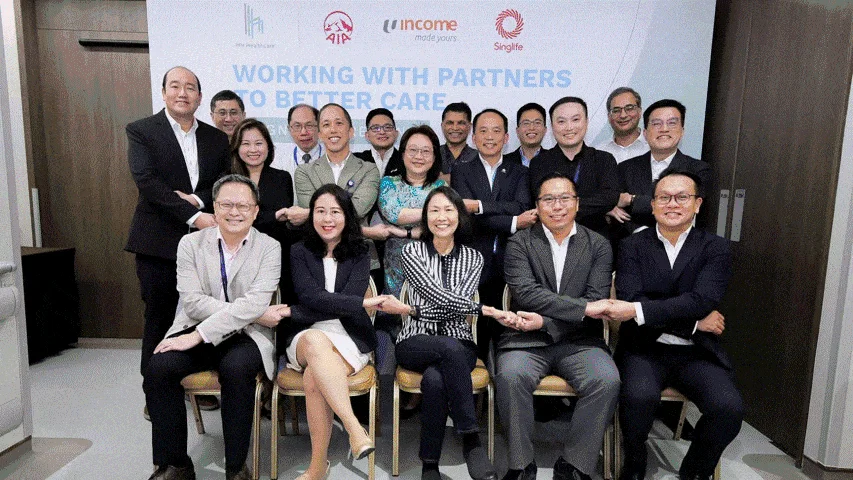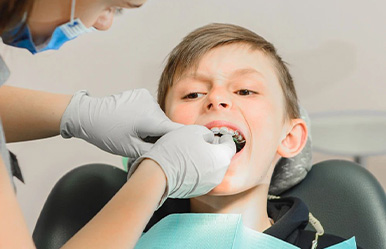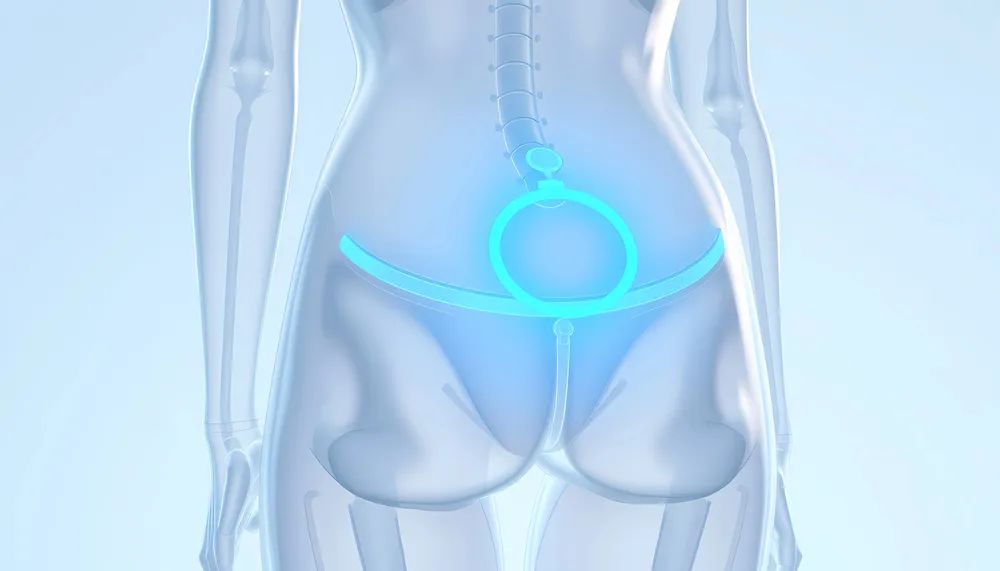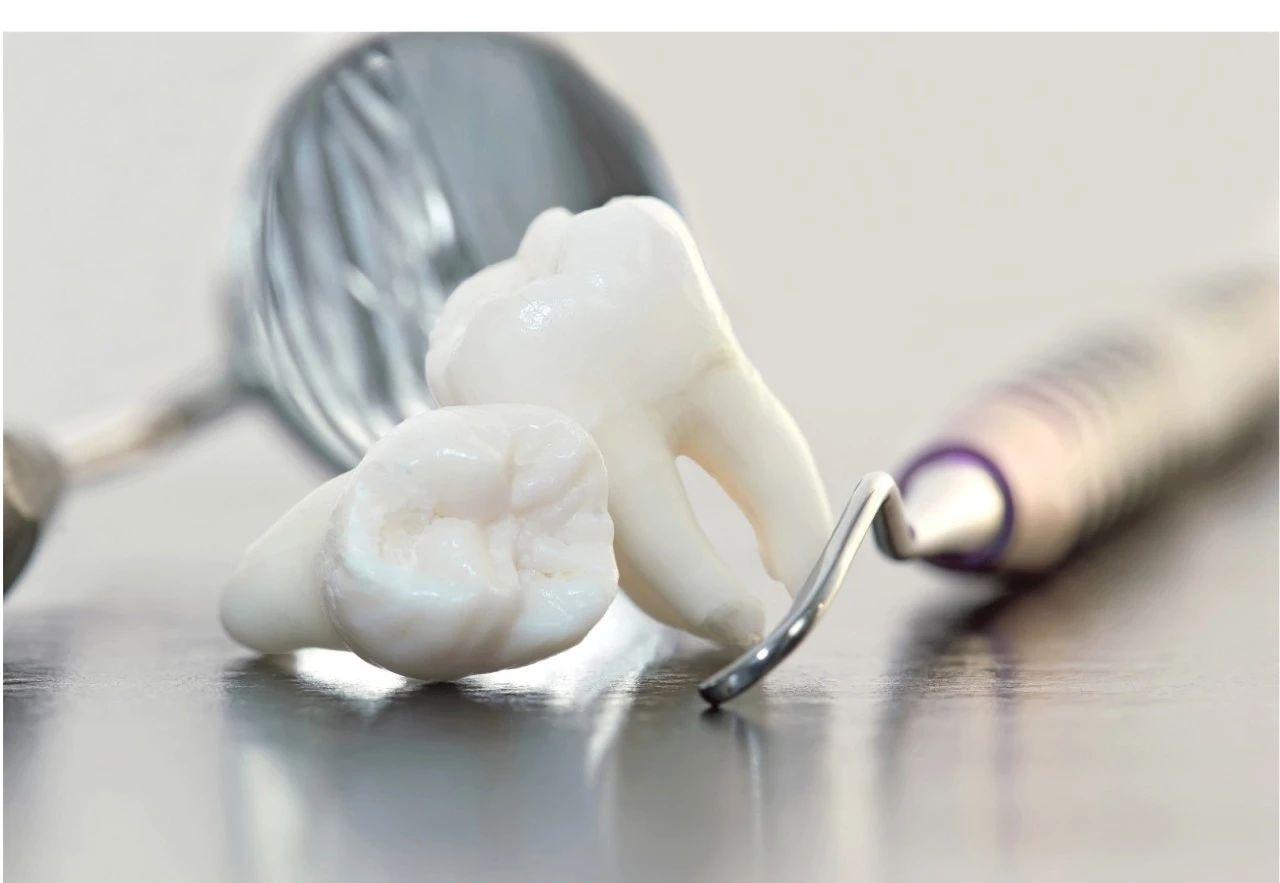PARKWAY 百汇医疗 A midlife crisis can hit us in our middle-years, typically when we are in our 40s and 50s. It is that phase in life when work security gets established, family life is stable and there’s a yearning for something different. It is also during this period in our lives that the body begins to feel the strains of our yesteryears, and our joints begin to ache. Look out for arthritis One of the most common causes of joint pain is arthritis. There are 2 major forms of arthritis, inflammatory arthritis and osteoarthritis. Osteoarthritis, the load-related wear-and-tear of the body’s joints, is more common and usually begins after age 40. The disease affects 35% of adults aged 65 and older and is the leading cause of mobility disabilities such as difficulty walking or climbing the stairs. The first sign of arthritis in the knee is usually pain. This is most commonly felt at the front of the knee with when climbing stairs or kneeling. As the condition progresses, even walking on flat ground can get affected. Associated symptoms include knee swelling, progressive stiffness or crookedness of the knees. Eventually, the ability to walk or stand for prolonged periods of time gets compromised. Preventing osteoarthritis The right approach to prevent or slow down the progression of knee arthritis is in achieving the Right Weight, engaging in the Right Activities and seeking the Right Treatment. Achieving the Right Weight means avoiding being overweight. The less weight your knees have to bear, the less wear-and-tear they will have. Engaging in the Right Activities mean avoiding activities that may stress your knees. As much as possible, avoid squatting, kneeling and stair climbing. At the same time, one should maintain a healthy level of exercise and fitness. Seeking the Right Treatment means seeing a doctor early when you start to encounter knee pain. Small problems treated early, and properly, have a better chance of being cured than if managed later. Treatment for arthritis When you see a doctor for knee arthritis, he or she will have 3 main avenues for treating you – medication, therapy or surgery. Medication Medicines for arthritis can be ingested, applied topically or injected into the knee. Ingestible medicines include painkillers that reduce pain but do not slow down wear and tear. Supplements like glucosamine have been shown to slow down the progression of knee arthritis. Injectable medicines could be in the form of steroids for reducing pain and swelling, or joint lubricants that can reduce pain for up to 9 months. Therapy Therapy is sometimes needed to help patients regain knee mobility and strength. These two treatments, together with wearing knee guards for additional support, can reduce knee pain from arthritis. Surgery The most daunting prospect for a patient with knee arthritis is surgery. However, the right type of surgery, done at the right time by an orthopedic specialist, has proven to be effective with very high rates of success. Types of surgery can range from minimally invasive arthroscopy and cartilage transplantation to knee replacement. Arthroscopy is a day surgery procedure and suitable for patients with mild arthritis. Recovery is quick, with most patients able to walk comfortably the next day. Some younger patients with more advanced arthritis can benefit from cartilage restoration procedures. There are various methods for restoring cartilage in the knee, ranging from arthroscopic procedures where the exposed bone is punctured to encourage new cartilage growth (microfracture), cartilage transplantation from new cartilage grown from the patient’s own cartilage (autologous cartilage transplantation), to grafting cartilage and bone from one part of the knee to another (osteochondral grafting). The choice of procedure and the success rate depends on an individual patient’s unique knee condition. Knee replacement surgery is reserved for patients with advanced arthritis. The procedure has come a long way since its introduction 50 years ago. Today, knee replacement patients are usually able to be up walking 3 days after surgery. With the advancements in surgery techniques, the incisions are small and recovery is rapid. These developments also mean that knee replacement surgery now includes partial instead of total replacement, as well as more accurate surgery with custom designed instruments and computer guided surgery. FAQs: Knee Arthritis Does my diet have anything to do with arthritis in my knee? Some patients with gout need to avoid certain foods, but the majority of patients actually do not have gout and do not need to follow a specific diet. What supplements help prevent knee arthritis? Studies have shown that oral glucosamine can delay the progression of knee arthritis, but it has not been shown to prevent knee arthritis in people who do not have the condition. Article reviewed by Dr. David Jiang,Orthopedics & Sports Medicine Surgeon. 



This site uses cookies. By continuing to browse the site you are agreeing to our use of cookies. For more details about cookies and how to manage them see our Privacy Policy.
-
Care at Parkway
- Make an Appointment
- Find a Doctor
-
Medical Specialties
- Family Medicine
- Cosmetic Surgery
- Anaesthesia
- Beauty & skin careSpecialized Department
- Cardiology
- Dentistry
- Dermatology
- Gastroenterology
- Gynecology
- Internal Medicine
- Mental Health Services at Parkway
- Ophthalmology
- Orthopedics Sports Medicine Specialized Department
- Otolaryngology
- Psychiatry
- Physiotherapy
- Physical Medicine and Rehabilitation
- Plastic Surgery
- Pediatrics
- Radiology
- Surgery
- Thoracic Surgery
- Traditional Chinese Medicine
- Urology
- Ultrasonography
- Visa Center
- Vaccination
- Product Packages
- Insurance
- Explore Hospitals & Clinics
- Information Center
- Plan Your Visit
- About Us
- Join Us
Appointment

MiniApp Booking








































